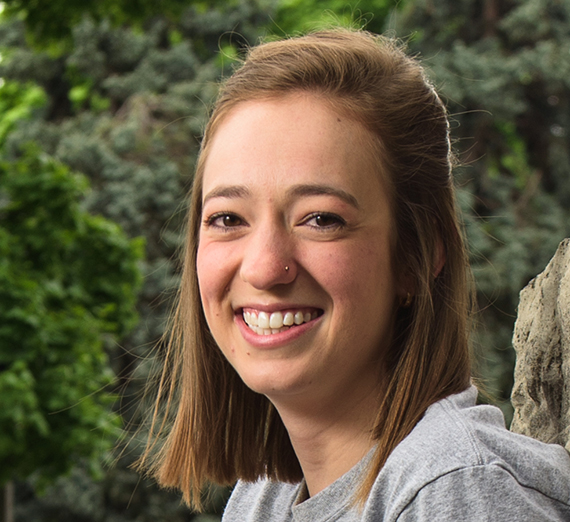Investigating Divine Ability

By: Katie Moore ('17)
In December 2015, a month before I arrived in Varanasi, India, Prime Minister Narendra Modi announced the beginning of a new label for people with disabilities. He proposed replacing the existing word for people with disabilities (“Viklang,” meaning crippled) with “Divyang” (meaning divine body or ability).
I first heard “Divyang” at the Deva Center, which serves children with intellectual disabilities and which was planning an art exhibition to sell the children’s artwork to promote this new term.
The new word captured my interest. Many newspaper articles featured quotes from individuals with disabilities, or organizations that serve people with disabilities, who rejected the use of the word “Divyang.” Other articles highlighted the excitement around this word and its benefits for people with and without disabilities. I felt conflicted: On one hand, it seemed to have a better connotation than the previous word, but on the other, people with disabilities did not choose this word for themselves, and some are rejecting it. I felt compelled to conduct some research, and after each interview, I felt my opinions sway a little.
Then my field assistant, Sundar-Ji, told me that when he was growing up, many kids would use the word “Vikalang” in a negative connotation as a way to tease someone. The immediate parallel in America is the use of the term “retarded.” The R-word was once a clinical term for people with disabilities, but morphed into slang meaning “stupid, lame, uncool.”
Sundar also explained that because “Divyang” was a word related to the gods, no one will use it in a derogatory way. No one would ever say “Oh, he’s being such a ‘Divyang’” to refer to someone being stupid. Relating someone to a god elevates a person’s status in society, especially in Indian and Hindu culture where religion is intertwined with almost everything. Ultimately, “Divyang” is a step in the right direction for the disability community in India – and beyond – as the Indian media have started replacing all of the old terms for people with disabilities with this term.
For me, one of the most crucial things I learned is the importance of asking questions. I could have easily missed the word’s rich meaning, the controversy behind it or the multitude of opinions. The potential of research and asking questions – being informed – is one of the most powerful abilities a person can possess.
